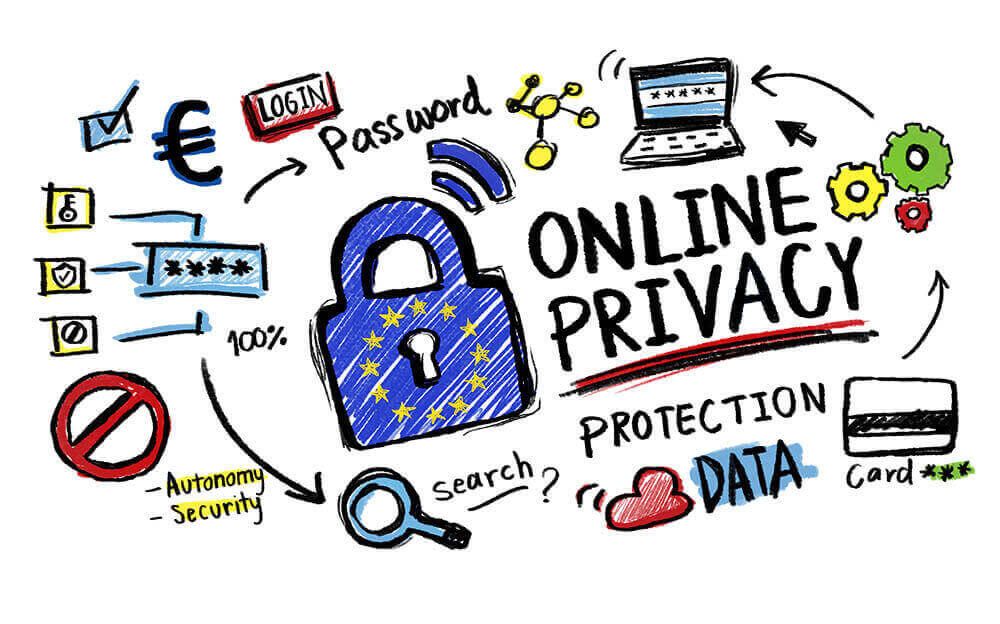
In 2019, nearly every device and online account are following your every move. Your smartphone knows your exact location to send you accurate weather updates and lists of nearby restaurants. Google sends you traffic alerts for your drive home while you're sitting at work. Google Chrome saves your past searches to tailor the advertisements you see to your individual needs. Facebook stores demographic information to better fit your Facebook experience.
All of this information is stored to best pair the individual with companies. If a person shares on Facebook they are a dog lover from San Francisco, that person will begin to see more ads and information for dog-related businesses in San Fransisco. This presents this person with new information and resources they might not have been aware of. This person may log into Facebook and begin to see Chewy ads and realize that this is a brand they want to familiarize themselves with. In this case, tracking this person's likes and demographics was helpful in pairing them with an appropriate company. Most people don't have a problem when data mining benefits them. But when big corporations begin to sell and exchange people's personal data without their permission, it crosses a line.
In an article from Fast Company, a former executive of a global ad agency talks about his personal reasons for leaving the industry. He felt that advertising had become more about different websites extracting personal information from consumers than actually catering to the consumer's needs. He feels as if consumers are unknowingly being manipulated and stalked by corporations for sales. Websites like Facebook sell the data they collect from users to third-party sites for profit. Although this is outlined in their terms and conditions, most people do not know what they are reading because the agreement is written in legal jargon.
Advertising used to be about having the most creative execution and the best commercial spot during prime time to share your message. Now it is a competition of who can get the closest to the customer and point of purchase, and blast them with mediocre messages. Sometimes these ads are beneficial to the consumer, but most of the time they are annoying and creepy. Not everything that people like or search on the internet needs to send them ads. If a person searches "office supple stores near me", it does not mean that they want to see Staples and Office Max ads on every page after that.
With more and more personal information being stored online via clouds, it is becoming very dangerous to use websites that sell data. Social media platforms such as Facebook and Instagram have shopping features where people connect their credit cards or Paypal accounts to make purchases. What is stopping these platforms from scanning this information? Wouldn't it be beneficial to know which consumers can afford Honda and which can afford Audi?
As an aspiring advertising professional, it is difficult to trust the industry that I want to enter. There is a thin line between privacy and data mining that many companies and platforms tiptoe around. From an advertising standpoint, it is great to be able to pinpoint target audiences and reach only people likely to purchase your product. But from the consumer's perspective, it is difficult to know which sites to trust and what to share online. These companies and websites are one hack away from releasing very personal information, and at what cost?


No comments:
Post a Comment